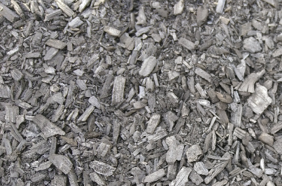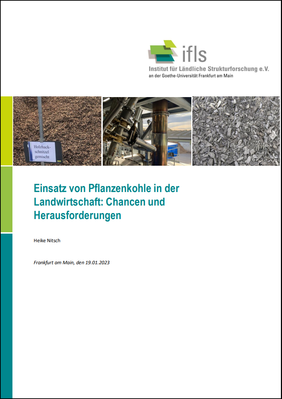Vegetable carbon ("biochar") is produced by converting biomass via pyrolysis. In the process, carbon compounds are formed that remain stable over very long periods of time.
The dynamics of developments on the topics of climate protection in general and plant carbon in particular are high. The discussion about plant carbon is caught between high expectations of a CO2 sink that can be created comparatively quickly and with low ecological risk, with a wide range of application benefits, and existing reservations (e.g. regarding biomass origin and possible pollutant content). However, vegetable carbon is still little known to the broader public.
Landwirtschaftliche Rentenbank therefore funded a project that provides an up-to-date overview of the state of knowledge on the topic of vegetable carbon and, in particular, its application in agriculture.
The results of the research were published in a report by the Institut für Ländliche Strukturforschung e.V. (IfLS). The starting point is the need to specifically remove CO2 from the atmosphere through human activities (negative emissions) in order to achieve climate targets, in addition to reducing greenhouse gas emissions as far as possible. An introduction to the definition, production and properties of vegetable carbon is followed by an overview of possible uses. The use in agriculture is discussed in more detail. Legal framework conditions, certification and aspects of biomass use against the background of climate protection and limited resources, are also addressed.
The report is available here.
Contact at the IfLS: Heike Nitsch (nitsch[at]ifls.de)

